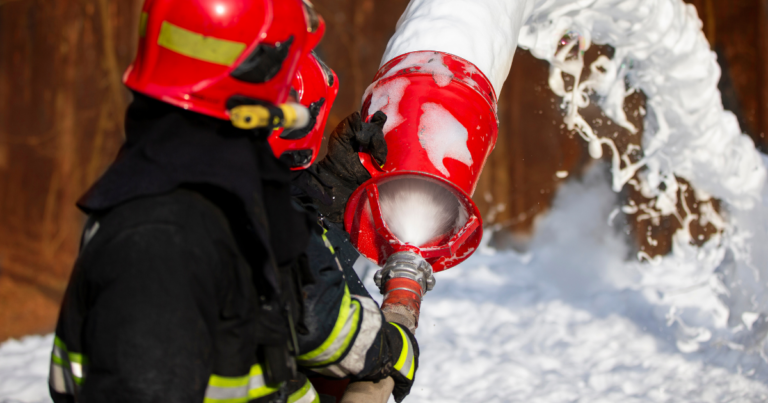Experts from Safer Chemicals, Healthy Families Available to Comment on Policy Implications
One hundred and forty five prominent scientists from 22 countries signed the first-ever consensus statement documenting health hazards from flame retardant chemicals found in home furniture, electronics, insulation, mattresses and other products. The “San Antonio Statement on Brominated and Chlorinated Flame Retardants” documents how these chemicals are likely to cause serious health harm, with limited fire safety benefit. The article is posted online today by Environmental Health Perspectives (EHP). (Full article at: http://www.ehponline.org/article/info:doi/10.1289/ehp.1003089.)
“This is the latest example of the enormous gap between what scientists and health experts are saying, versus what the chemical industry is saying,” said Andy Igrejas, Director of Safer Chemicals, Healthy Families, a coalition of 250 environmental health groups working to overhaul the 1976 Toxic Substances Control Act (TSCA) – the current federal law for regulating chemicals. “The fact is the industry is still putting known toxic chemicals, such as flame retardants, into everyday products that people take into their home unawares. ‘Buyer beware’ doesn’t cut it when the consequences are cancer and birth defects. We need new rules to get this problem under control.”
Dr. Linda Birnbaum, Director of the National Institute of Environmental Health Sciences, and Dr. Ake Bergman from Stockholm University in Sweden, wrote an accompanying op-ed about flame retardants for today’s EHP stating that: “Adequate toxicity information is lacking, but data indicate that the group contains compounds that are carcinogenic, mutagenic, reproductive and developmental toxicants, neurotoxicants, and endocrine disruptors.” The full oped can be found at: http://www.ehponline.org/article/info:doi/10.1289/ehp.1003088.
During the last Congressional session strong proposals were presented to overhaul TSCA, which could limit exposure to toxic chemicals like flame-retardants and promote the use of safer substitutes. Unfortunately the Safe Chemicals Act, introduced by Senator Lautenberg; and the Toxic Chemicals Safety Act, introduced by Congressmen Bobby Rush and Henry Waxman, did not reach a vote, despite polls showing that 80% of Americans support tighter restrictions on chemicals. New bills are expected to be introduced in the 112th session.



